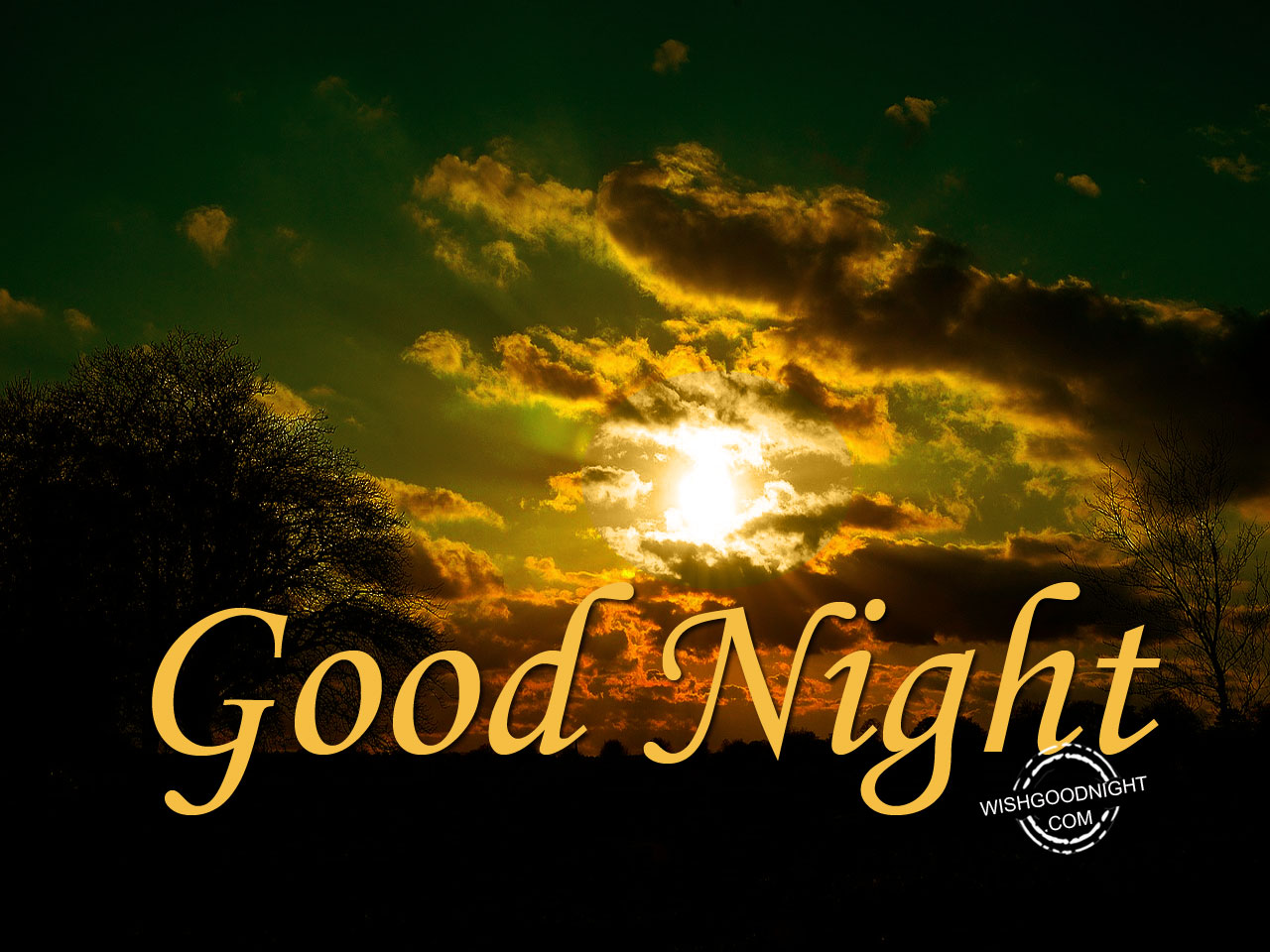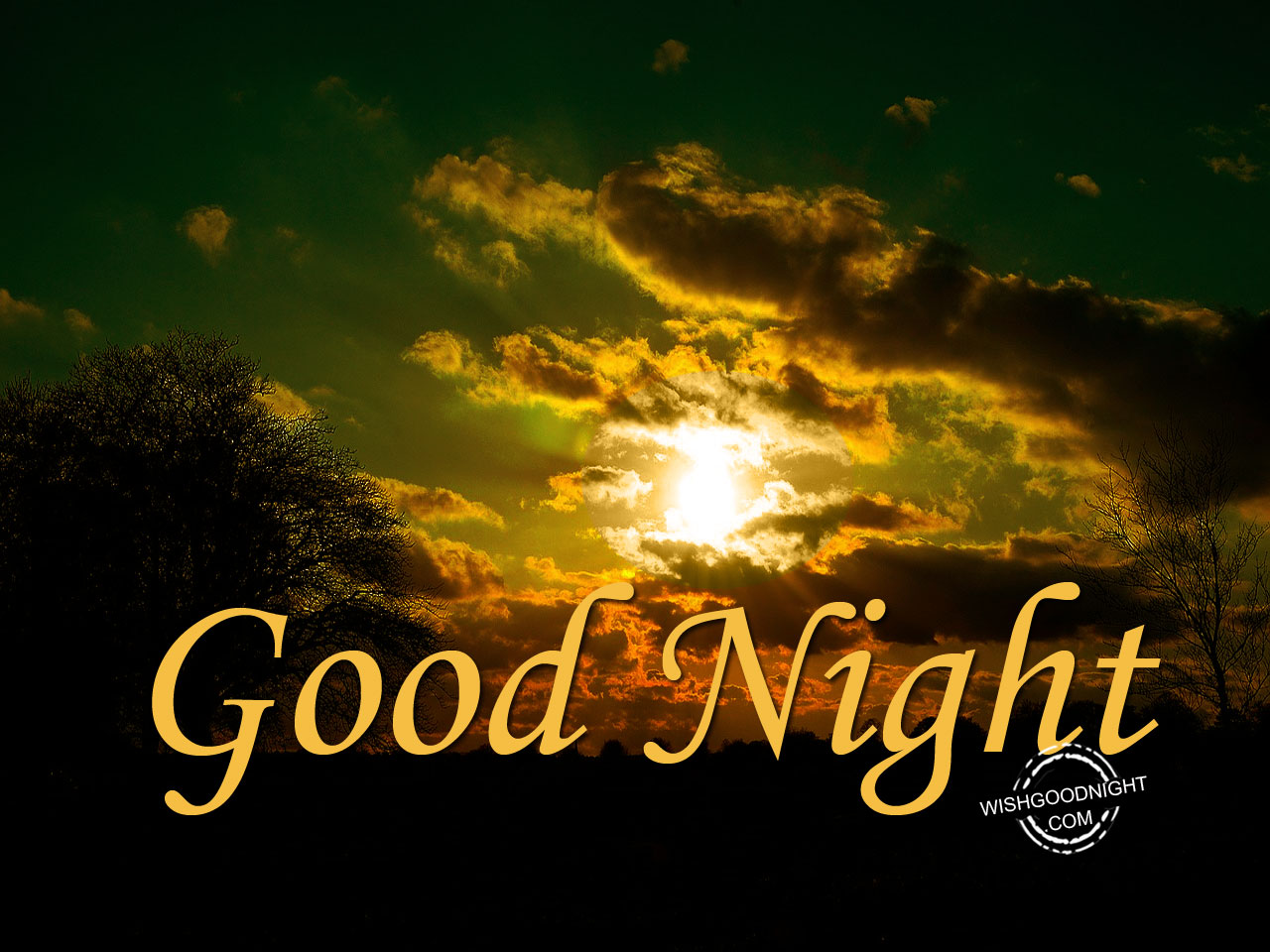Golly nyt – Golly gee, what a fascinating phrase! This colloquial expression has captured the hearts and minds of generations, conveying a range of emotions from delight to surprise. Its enduring popularity is a testament to its versatility and charm.
The phrase “golly gee” has a rich history, dating back to the early 1900s. It is believed to have originated as a minced oath, a way of expressing strong emotions without using profanity. Over time, it evolved into a more general exclamation, often used to express joy, amazement, or even mild exasperation.
Popular Cultural References: Golly Nyt

The phrase “golly gee” has been used in popular culture for decades, often to express surprise or excitement. It has appeared in movies, TV shows, and songs, and has been used by both children and adults.
The phrase is thought to have originated in the early 1900s, and was popularized by the character Goofy in the 1930s Disney cartoon “Mickey Mouse.” Goofy would often exclaim “Golly gee!” when he was surprised or excited, and the phrase quickly caught on with audiences.
Notable Pop Culture References
- In the 1940s, the phrase was used in the popular song “Golly Gee, I’m So in Love with You” by The Ink Spots.
- In the 1950s, the phrase was used in the popular TV show “The Adventures of Ozzie and Harriet.” Ozzie Nelson would often exclaim “Golly gee!” when he was surprised or excited.
- In the 1960s, the phrase was used in the popular movie “The Goonies.” The Goonies were a group of kids who went on an adventure to find a lost treasure, and they would often exclaim “Golly gee!” when they were surprised or excited.
- In the 1970s, the phrase was used in the popular TV show “Happy Days.” The Fonz would often exclaim “Golly gee!” when he was surprised or excited.
- In the 1980s, the phrase was used in the popular movie “Back to the Future.” Marty McFly would often exclaim “Golly gee!” when he was surprised or excited.
- In the 1990s, the phrase was used in the popular TV show “Friends.” Chandler Bing would often exclaim “Golly gee!” when he was surprised or excited.
- In the 2000s, the phrase was used in the popular movie “Shrek.” Shrek would often exclaim “Golly gee!” when he was surprised or excited.
- In the 2010s, the phrase was used in the popular TV show “The Big Bang Theory.” Sheldon Cooper would often exclaim “Golly gee!” when he was surprised or excited.
The phrase “golly gee” is still used today, although it is not as common as it once was. It is still used by some people to express surprise or excitement, and it can also be used in a humorous way.
Linguistic Analysis
The phrase “golly gee” is an exclamation that expresses surprise, delight, or amazement. It is a relatively old-fashioned expression, but it is still occasionally used in informal speech and writing.
Etymology and Linguistic Evolution
The word “golly” is thought to be derived from the Middle English word “godelich,” which means “goodly” or “pleasing.” The word “gee” is thought to be derived from the Latin word “gaudeo,” which means “I rejoice.” Over time, the two words merged to form the exclamation “golly gee.”
Grammatical Analysis
Grammatically, “golly gee” is an interjection. Interjections are words or phrases that express strong emotions or reactions, and they are not typically considered part of the sentence’s grammar. However, “golly gee” can also be used as an adverb, in which case it would modify a verb or adjective.
For example, in the sentence “I’m so happy, I could golly gee jump for joy,” “golly gee” is used as an adverb to modify the verb “jump.”
Usage and Context
The phrase “golly gee” is a common expression that conveys a range of emotions and intentions, depending on the context in which it is used. It is often employed to express surprise, excitement, or disbelief, but can also be used to convey a sense of amusement, irony, or even sarcasm.
In Expressing Surprise or Excitement, Golly nyt
When used to express surprise or excitement, “golly gee” is typically uttered with a tone of wonder or amazement. For example, if someone receives an unexpected gift, they might exclaim, “Golly gee, this is incredible!”
In Expressing Disbelief or Amusement
In situations where someone finds something particularly amusing or ironic, “golly gee” can be used to convey a sense of disbelief or amusement. For example, if someone makes a silly mistake, another person might respond with, “Golly gee, that was quite the blunder!”
In Expressing Sarcasm
In some cases, “golly gee” can be used sarcastically to express a sense of disapproval or skepticism. For example, if someone is being particularly pretentious or insincere, another person might say, “Golly gee, that’s quite the performance you’re putting on.”
Conclusion
In contemporary usage, “golly gee” continues to be a beloved expression, adding a touch of whimsy and nostalgia to everyday speech. Whether it’s uttered in a moment of genuine delight or as a playful nod to the past, this phrase has earned its place as a timeless classic.
General Inquiries
What is the origin of the phrase “golly gee”?
It is believed to have originated as a minced oath, a way of expressing strong emotions without using profanity.
How is “golly gee” typically used today?
It is often used to express joy, amazement, or even mild exasperation.
Is “golly gee” still a popular expression?
Yes, it continues to be a beloved expression, adding a touch of whimsy and nostalgia to everyday speech.

